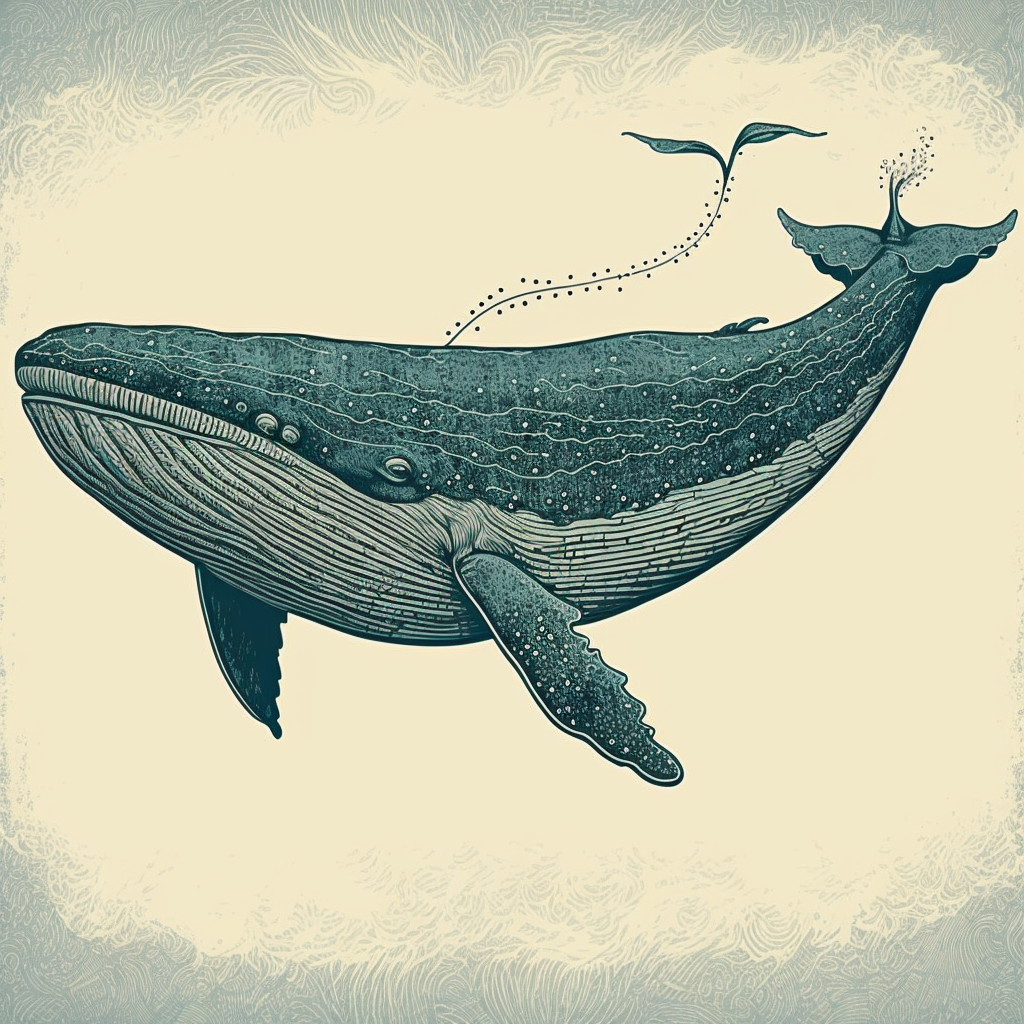Why is ambergris banned when its use is not harmful to whales?

Ambergris is a rare and highly valued ingredient in perfumery, and it is derived from the intestinal secretions of sperm whales. While ambergris is not harmful to whales, it is illegal to harvest and sell in many countries due to conservation concerns.
Ambergris, frequently referred to as whale vomit, is a form of whale regurgitation that floats out on the ocean to 'mature', thus does not require any contact with the actual whale.
Sperm whales are an endangered species, and their populations have declined significantly due to commercial whaling, habitat loss, and pollution. The International Whaling Commission (IWC) has banned commercial whaling of all whale species, including sperm whales, since 1986.
The illegal trade in ambergris can contribute to the demand for whale products, and it can also lead to the accidental killing of whales. Some countries have also banned the use of ambergris as a way to discourage the illegal trade in whale products and protect endangered species.
While ambergris is highly prized in perfumery for its unique and long-lasting fragrance, there are many synthetic alternatives that can be used instead. These alternatives are often less expensive and more readily available, making them a more ethical and sustainable choice for perfumers.
- Tags: Fragrance Education






